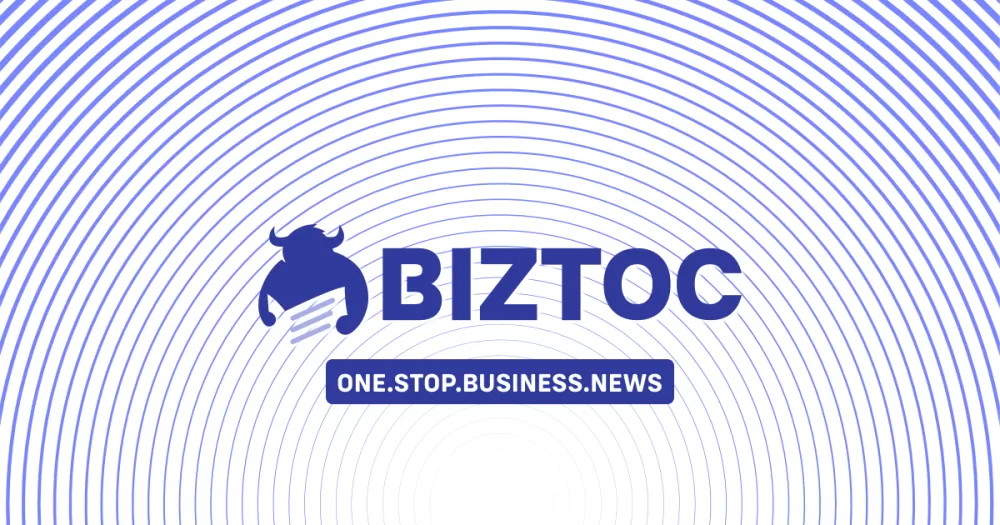The Shadow Lingers: Unpacking the Uncomfortable Ties Between JPMorgan and Jeffrey Epstein
Share- Nishadil
- November 15, 2025
- 0 Comments
- 3 minutes read
- 34 Views

Unsealed Docs Link JPMorgan to Epstein's Empire Long After Conviction
Recently unsealed court documents shine a harsh light on JPMorgan Chase's alleged continued business dealings with Jeffrey Epstein long after his 2008 sex crime conviction. This renewed scrutiny draws in a host of powerful figures, raising uncomfortable questions about complicity and accountability in the highest financial circles.
It's a story that, frankly, just keeps getting more unsettling. For years after his 2008 sex crime conviction, Jeffrey Epstein — the convicted pedophile and notorious financier — allegedly maintained a significant, active banking relationship with none other than JPMorgan Chase. And this isn't just a whisper; it's a claim at the heart of a lawsuit from the U.S. Virgin Islands, accusing the financial titan of, well, a profound dereliction of duty, if not outright complicity.
The allegations, laid bare in recently unsealed court documents, paint a picture that's hard to reconcile. Imagine a major financial institution, one that prides itself on due diligence and risk management, seemingly turning a blind eye to a client with such a public and grotesque criminal record. The lawsuit contends that JPMorgan didn't just bankroll Epstein; it effectively 'facilitated and benefited' from his heinous sex trafficking operation. Payments, you see, were allegedly processed to victims and, perhaps more chillingly, to co-conspirators. It makes you wonder, doesn't it, about the thresholds for ethical conduct in the world of high finance?
And then there's the name-dropping, an unfortunate but necessary part of this saga. Epstein, for all his depravity, moved in the very highest echelons of society. His contacts, documented meticulously, read like a who's who of power and influence: Donald Trump, Bill Clinton, the academic heavyweight Alan Dershowitz, former Treasury Secretary Larry Summers, tech venture capitalist Reid Hoffman, and even prominent investor Mike Novogratz. These aren't just casual acquaintances; they’re figures who define modern power. And yes, their names appear, often in close proximity to the grim details of Epstein's life and the banking activities under scrutiny. It's a stark reminder that influence, for better or worse, casts a long, wide net.
Perhaps the most damning aspect of all this lies within JPMorgan's own walls. Internal communications, now part of the public record, suggest a palpable awareness of Epstein's nefarious reputation. Discussions involving top brass, including CEO Jamie Dimon and former private bank head Jes Staley, hint at a discomfort, a recognition of 'red flags' and potential 'reputational damage.' One has to ask, then, if the warning bells were ringing internally, why did the relationship persist for so long? What was the calculus that allowed such a dangerous client to remain on the books, processing transactions that, in hindsight, appear deeply suspicious?
It's a situation not entirely unique, it must be said. Deutsche Bank, for instance, also faced its own share of uncomfortable questions regarding its dealings with Epstein after JPMorgan finally cut ties. This pattern, however isolated it might appear, raises broader concerns about the mechanisms (or lack thereof) that protect financial institutions from becoming unwitting, or perhaps even willful, enablers of illicit activities. It points to a vulnerability, a blind spot that, for certain high-net-worth individuals, seems to persist across the banking landscape.
Even Florida Attorney General Pam Bondi, who settled a lawsuit against Donald Trump's charity, found her orbit tangentially crossing Epstein's through JPMorgan. The Trump charity, it emerged, had Epstein as an account holder at the bank during a period when Bondi's office was receiving funds from the settlement. It's a small detail, but one that undeniably adds another layer to the intricate, sometimes dizzying, web of connections surrounding Epstein and the powerful institutions he interacted with. And honestly, it leaves you wondering how many more such connections are yet to surface, each one chipping away at our collective sense of justice and accountability.
Disclaimer: This article was generated in part using artificial intelligence and may contain errors or omissions. The content is provided for informational purposes only and does not constitute professional advice. We makes no representations or warranties regarding its accuracy, completeness, or reliability. Readers are advised to verify the information independently before relying on







